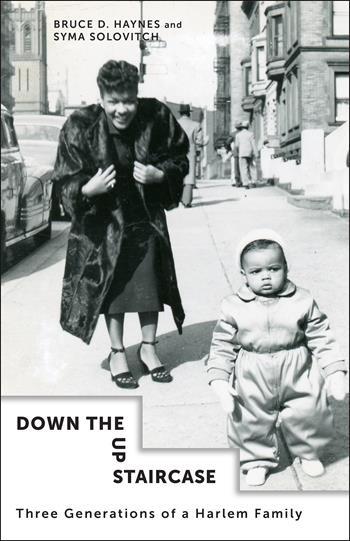Interview with Kush Varia, Author of Bollywood: Gods, Glamour, and Gossip
The following is an interview with Kush Varia, author of Bollywood: Gods, Glamour, and Gossip
Question: Why write a book on Bollywood?
Kush Varia: This year, Bollywood turns 100 years old and I have presented highlights which demonstrate a variety of genres, historical periods and stars. Sadly there was not enough room to include some other favorites but I hope that the book acts as an introductory guide to a new viewer and that they can experience the full spectrum of what the cinema has achieved, the guises it can take, and the emotions it inspires.
Q: Many in the West or non-Indian audiences seem to have a notion of Bollywood cinema as kitschy and somewhat absurd, is that a fair assessment?
KV: Much of popular experience of Bollywood in the West is composed of quick clips seen on cable channels, semi-erotic stills or colorful ephemera. Bollywood does have elements of the fantastic from songs sung in romantic dream sequences to melodramatic acting styles and emotionally charged music. However much like the often derided “women’s films” from the heyday of Hollywood, Bollywood films deal with extremely important social and moral issues providing a space for the negotiation between tradition and modernity.
Q: What is distinctly Indian about Bollywood film?
KV: Religion, family and morality are key issues in Bollywood films and it is through these issues that the films become a forum to discuss and challenge issues pertinent to Indian society and the wider Indian Diaspora. Throughout its hundred-year history Bollywood film has played a key socio-cultural role. In the films of the colonial period there were coded swipes at the British whilst post-independence movies aimed to construct a new identity for India. In the Seventies – a time of deep social unrest – films reflected issues faced by rapidly growing urban communities through the figure of the ‘angry young man’. More recently, Bollywood films have provided a forum for investigating the role of the internationally based Indian and their access to new experiences which may contradict traditional Indian values or ways of thinking.
Q: To what extent does Bollywood borrow from Indian literary or cultural traditions?
KV: Some argue that Bollywood is influenced by ancient Indian theories of drama however Bollywood is much more closely linked with popular traditions such as religious theater as well as Western influences such as pop videos. The role of song, dance, and music hearkens back to classic Hollywood with a great deal of importance placed on creating outstanding spectacle. Bollywood is a unique cultural product but despite the industry having a large output, very few films go on to become huge successes. But those that do often become keystones of modern India and they can provide fascinating insights into the emergence of India as a global superpower.
Q: What does it say about India as an emerging global superpower?
KV: Modern India is presented as a location for pleasure and consumer indulgence but at its heart it retains traditional Indian values. Of paramount importance here are the family and religion – both of which have an integral role to play in modern day living in India. Even though in reality many family units no longer live in an extended unit, it is very much held up as a cultural ideal. Religious ritual punctuates daily life and marks key points in life (birth, marriages, death). This is very different from the Western world where modernity is increasingly viewed as being separate from religion and the traditional family unit.
Q: What’s the role of Bollywood cinema in Indian diasporic communities?
KV: Bollywood is integral to the formation of an identity for the Indian diaspora. The films provide an opportunity for various generations of a family to define their idea of India, their own cultural heritage and the position of Indian values in a wider society.
Bollywood films can be a tool to teach Indian culture and values. Growing up in Britain I was obsessed with Mythological films based on Hindu religious epics and stories. The films were educators and almost vital to religious learning. Of course, Bollywood is also a key source of entertainment not only through the film products themselves but also through associated material such as magazines, gossip columns, game shows based on film songs, or television programs which include interviews with film stars.
Q: What do you see as the future of Bollywood film?
KV: There has been the small emergence of a science fiction genre which I find particularly interesting due to the links that can be drawn between it and Bollywood’s earliest genre of the mythological film, but also to the comparisons that can be made between it and popular Hollywood cinema. With special effects work for Hollywood films being outsourced to India, I think the time is right for the reemergence of the mythological. I could see the genre gaining a cult following, much in the same way that the historical martial arts genre of Chinese cinema has become popular in the West. New Mythologicals could contain Supernatural narratives full of battles between good and evil set in historical climes or the heavens, stylishly topped off with spectacular song and dance numbers.




1 Response